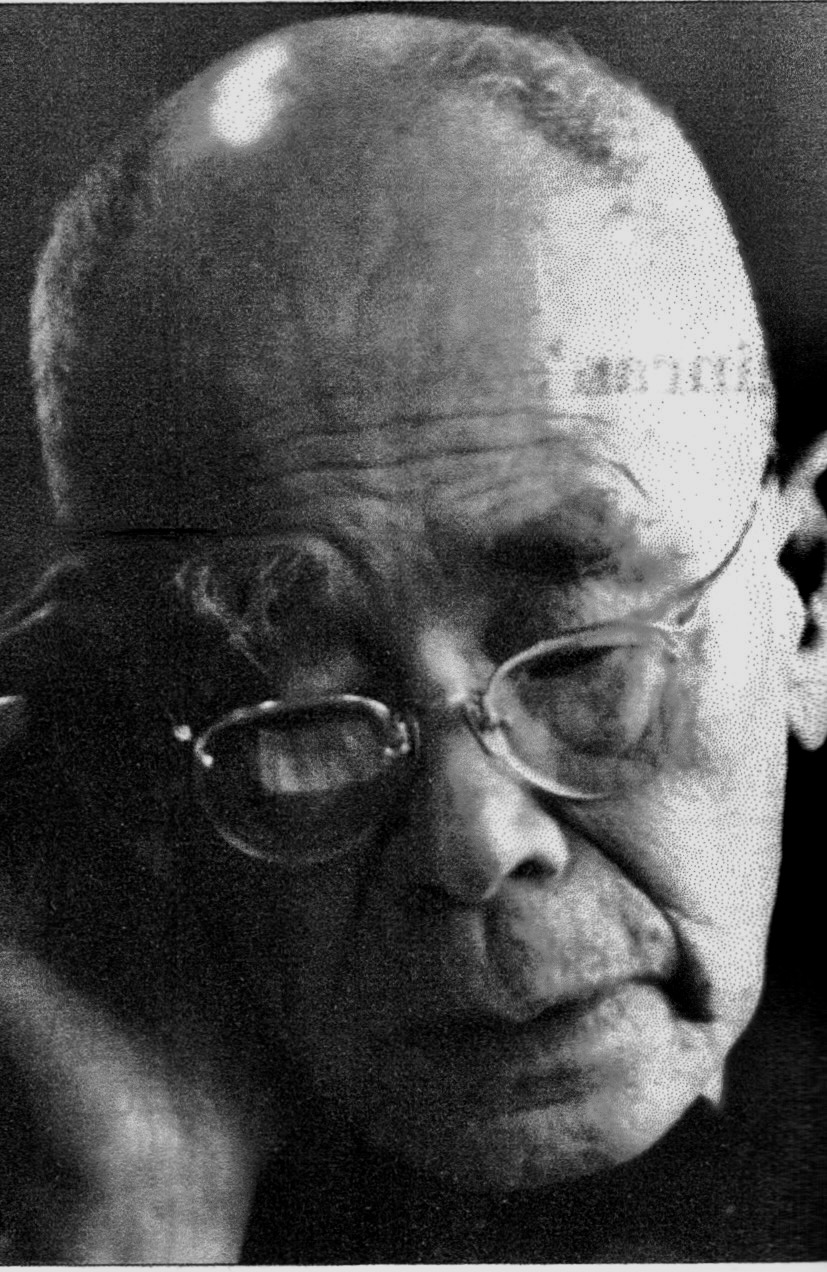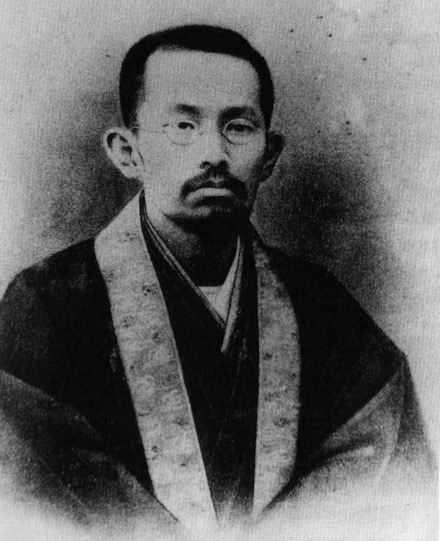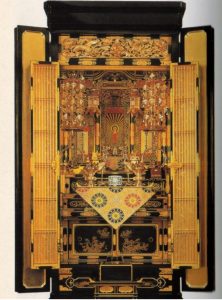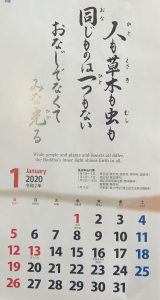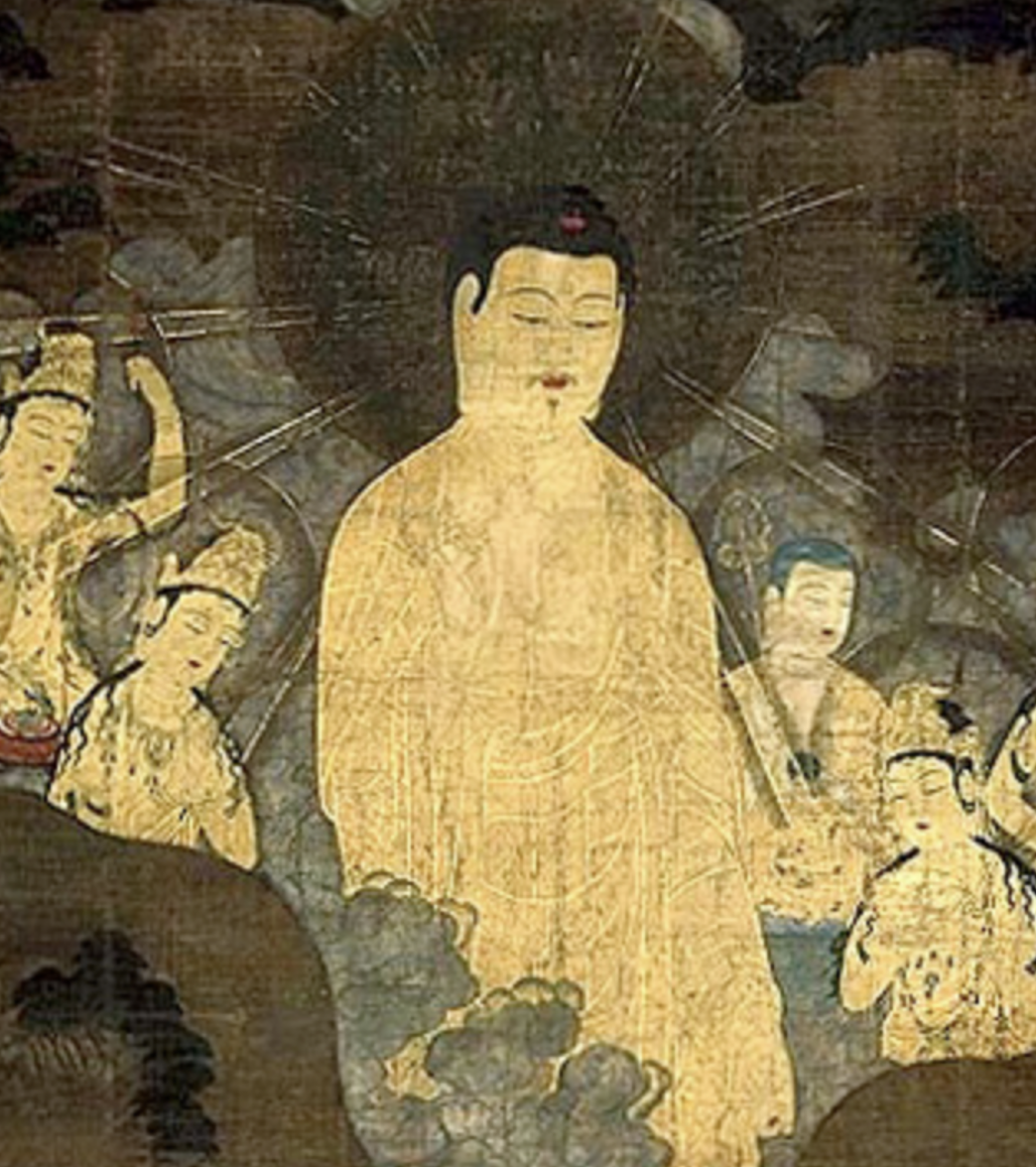
By Rev. Ken Yamada
With its mythical Buddha and otherworldly Pure Land, many people wonder how Jodo Shinshu could possibly represent the historical Buddha’s teaching.
By contrast, Shinshu followers feel Shinran’s teachings—the basis of Jodo Shinshu—reflect Buddhism’s true essence. The key to this conundrum lays precisely in how “myth” and symbolism may convey truth more effectively than “fact” and history. Continue reading “Jodo Shinshu: Myth vs History”


